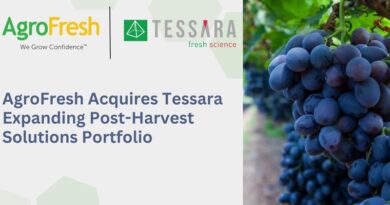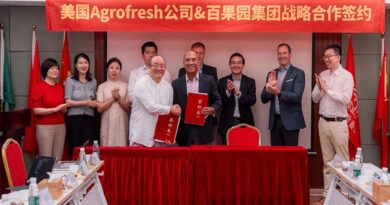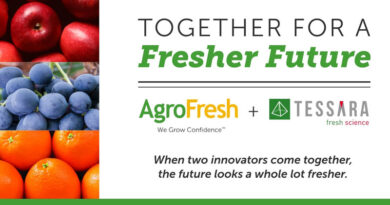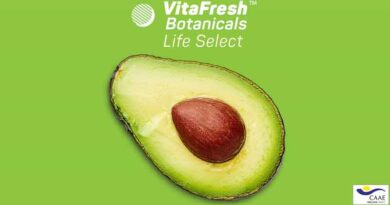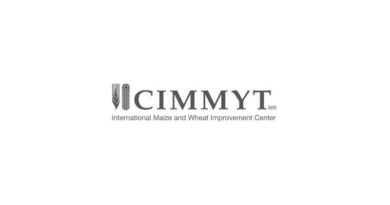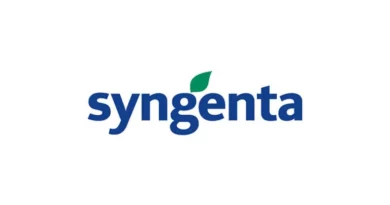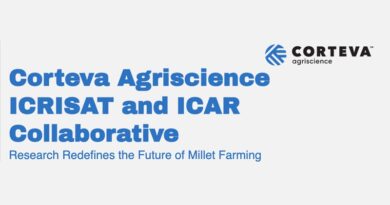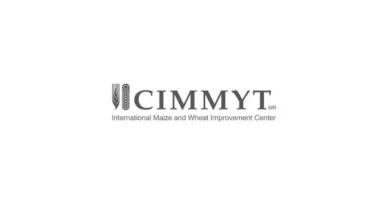Novozymes and AgroFresh to explore development of biological solutions to combat post-harvest waste
20 June 2022, US: Novozymes, the leading biotech powerhouse, and AgroFresh, a global leader in post-harvest freshness solutions, are forming a research and commercialization partnership towards developing biological solutions that can improve post-harvest food quality and minimize waste by fighting fungal pathogens. Resulting products, which will be developed for post-harvest applications, will benefit growers, retailers, and consumers, as well as the environment.
“This is a very exciting venture into a groundbreaking area for Novozymes – with the intention to satisfy an increasing consumer demand for fruits and vegetables with less food waste and less impact to the environment,” says Thomas Stenfeldt Batchelor, Vice President, Agriculture Marketing & Strategy. “With great synergies, that include Novozymes’ expertise in pioneering bioinnovation and AgroFresh’s R&D capabilities and application knowledge, we will explore the development of viable and sustainable post-harvest solutions to also alleviate significant supply chain issues.”
“AgroFresh and Novozymes share very similar missions around sustainability and the introduction of differentiated technologies to address unmet needs across the food chain,” says Duncan Aust, Chief Technology Officer, AgroFresh. “We are excited to partner with Novozymes to pioneer the use of biological solutions in the post-harvest sector to reduce food loss and waste and help improve the quality of our food system overall.”
Around one third of food produced is lost or wasted before it even gets to the consumer, with fruits and vegetables accounting for over half of this amount. As soon as crops are harvested and removed from their growing environment, they begin to lose quality and eventually deteriorate. Fresh crops, such as fruits, vegetables, and flowers, are particularly vulnerable to microbial attack and subsequent losses during this post-harvest stage, which includes cooling, cleaning, sorting, and packing of the crop.
Perfect synergies
Novozymes and AgroFresh anticipate that development of new bioproducts will be accelerated by the combination of advanced biotechnologies from Novozymes and AgroFresh’s deep scientific expertise in post-harvest solutions, global commercial footprint, and unparalleled portfolio of integrated solutions to help maintain freshness and quality of fruits, vegetables, and flowers.
Potential to meet growing challenges
With increasing demands on the global agricultural industry from consumer, economic, and environmental perspectives, the partnership has the potential to create new sustainable products.
“The partnership with AgroFresh brings us the opportunity to expand our BioAg offerings into the post-harvest sector, just at a time when fruit and vegetable producers face some of their toughest challenges ever,” adds Novozymes’ Thomas Stenfeldt Batchelor.
“We are excited to combine the unique industry and technology insights and scientific expertise provided by both organizations in the development of novel, sustainable solutions for the control of fungal decay in post-harvest fruits, vegetables, and flowers, with the shared goal of minimizing food loss, improving quality, and increasing the overall sustainable footprint of the industries that we collectively serve,” finishes Duncan Aust of AgroFresh.
Facts about the partnership
- Novozymes and AgroFresh have entered into a strategic collaboration agreement that will explore co-development of biological based solutions to control fungal pathogens in fruits, vegetables, and flowers, and will leverage the AgroFresh commercial footprint.
- AgroFresh will lead the commercialization of these new solutions for post-harvest application in fruits, vegetables, and flowers.
- Novozymes’ BioAg business produces biological solutions for both broad acre and specialty crops. Its products increase plant productivity and protect crops from pests so farmers can produce more food, feed, and fuel with fewer inputs and on less land.


